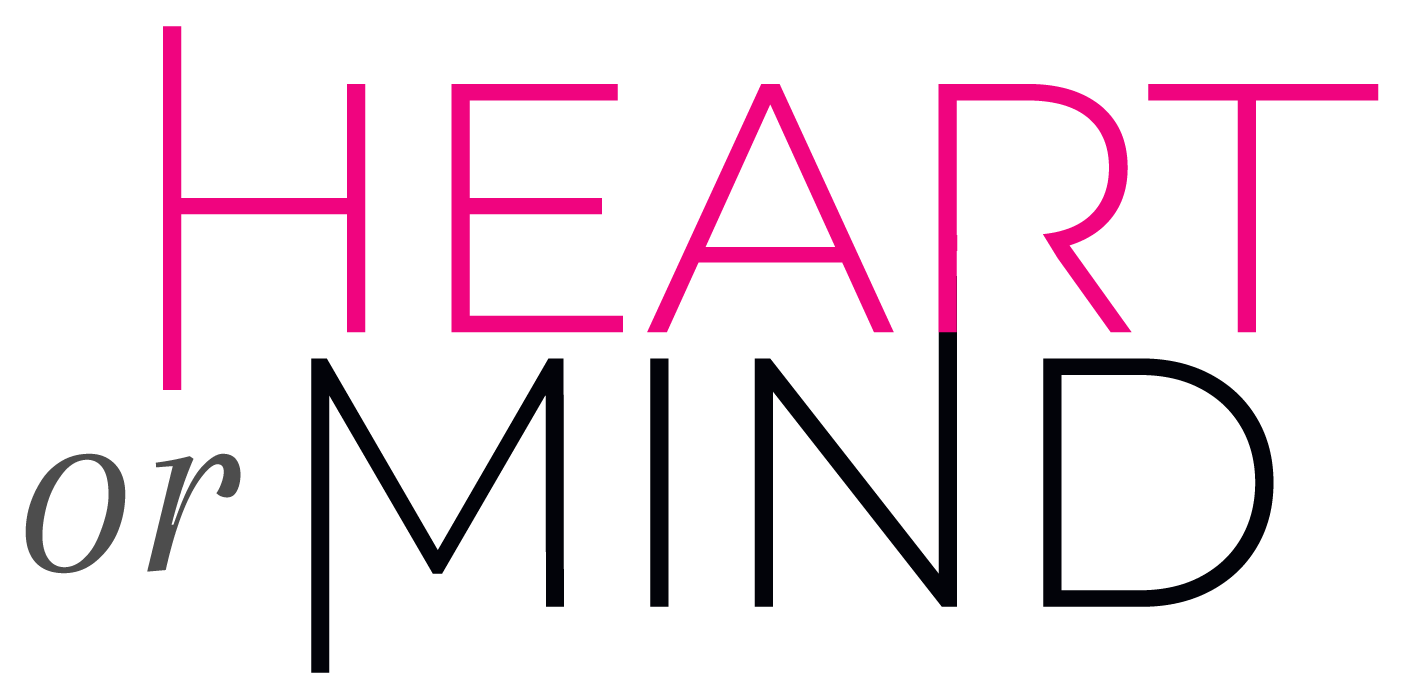Learning from mistakes is passe.
Feeding vs. feedback.
Collaborating is the most difficult work I can imagine. This is obvious for everyone who have been trying to work at least once with at least one person for more than a few days. We – people – are the most amazing creatures, on the one hand, but on the other, the most complicated in the whole galactic. Nothing new, I know.
What makes human beings so beautiful and complex at the same time are our emotions. Most of us, quite frequently, behave differently in similar situations. As we are all built from different experiences and values, we approach similar situations differently.
The reason behind the whole thing is our emotions are unpredictable, unabridged, unreasonable , unique & individual. There is not a single recipe how to proceed with emotions. You have to get to know the person to try to find the way to their mind and heart. Still nothing new, I know.
They say “feedback is a gift”. Couldn’t agree more. However, as even the word “feedback” literally suggests this is “good advice” after the particular action has taken place. Highly appreciated for the situations to come.
But, how to determine that a particular action becomes a success pre not post factum?
Nothing easier than wait until you can evaluate and give feedback afterwards. Do it before rather than after. I call it feed – in, prof. Marshall Goldsmith calls it feedforward. What if we attempted at closing the gaps in an individual before any action is taken rather than provide constructive criticism after the milk has been spilt. What if we gave them all the necessary content in such a manner that is comprehensive and transparent as well as clear and coherent. The content that is well suited to their needs. Would that work?
Some need to be given confidence, others need to be given a sense of security so that possible failure does not paralyze them. Still, another person needs to be given some substantive guidance or pointed out where they can find it. At the emotional level, it means that you accept that they may not know everything. At the end of the day, what matters most is that they know how and where to search solutions. It matters that they are truly eager to do so. Sometimes, it is necessary to let the person speak out and name the emotions accompanying, such as fear of failure and anxiety.
It is essential to let them be honest about their weaknesses including time management, goal- setting and prioritisation issues, incompetence or simply misunderstanding of the task at hand.
It may mean agreeing on all those tough emotions out there and competence gaps. It may mean supporting an individual once they are in need.
This “before” and “after” are crucial here.
There are thousands of guidelines how to give feedback. If anybody wishes to look for expertise, it is more than easy to find the proper way of doing so, as there are at least a few “ways” how to get it right. Feeding in seems a bit more demanding. As this is based on individual approach, it takes to know your employees well, build trust in each other. It takes the time to talk to them and give as many answers to their questions as it will come necessary. Because each of them requires feeding in different areas to be able to take a step ahead, to overcome their objective and subjective barriers. Hmmm, by the way … have you ever wondered where exactly you would need “feeding – in”?
Believe me, this approach is worth every bit of time and effort. It is like an investment with a quicker return than from feedback. The yield is worth going an extra mile, I bet. It will allow you to be the most efficient and fastest. It will help minimize risks. As a result, it will allow you to stay ahead of the market and your competitors. Learning from mistakes, in my opinion, has already become passe.

